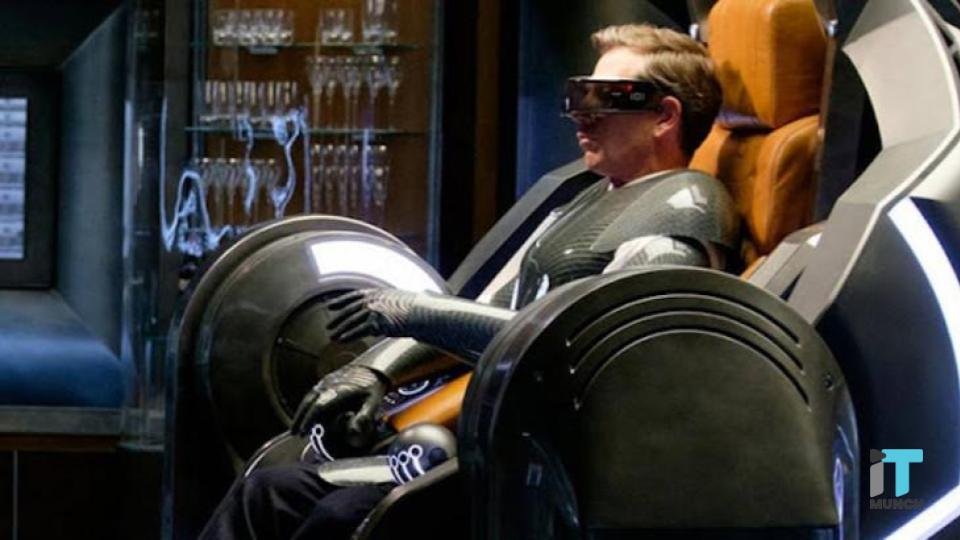Let us connect some dots. Five years ago, Facebook obtained VR pioneers Oculus for $2 billion.
This week, it caught up neural-interface pioneers CTRL-Labs for about north of $500 million.
It also stated that its own massively multiplayer VR shared universe Horizon will start early next year.
Oculus grew somewhat creepily named Facebook Reality Labs, directed by Andrew Bosworth.
He was one of the company’s first 15 engineers, who also managed the company’s shift from desktop to mobile advertising.
It doesn’t take much thought to see that he is now in charge of a much more exciting, and longer-term, transition. This includes the World Wide Web to anything that lies beyond.
Their huge multibillion-dollar bet, the vision hovering in Mark Zuckerberg’s crystal ball, is evident that this new frontier is “cyberspace.
A copy of which was earlier issued to every new Oculus employee.
The History of Virtual Reality
Virtual reality, in other words, maybe “mixed reality,” which connects our real world with virtual artefacts.
AR/VR, same as nuclear fusion, has been in the future for so long that it has become a little tough to take that future seriously.
Jaron Lanier demoed the original real VR headset and motion capture wearable, the EyePhone and DataGlove, more than thirty years ago.
No wonder the idea of a shared global VR space frequently feels like a retro-future.
But to Zuck’s account, the way to change here is simple and therefore, probably just by using gaming as the bridge.
The opinion being it will be more immersive, and hence more compelling than Magic Leap’s mixed reality.

The Vision
The first step is to use Facebook’s influence to scale and bring gamers in until there is a growing community of several million monthly users.
Then, the transition to the broader vision; VR slowly removing the Web itself.
This is possible by replacing laptops with headsets, phones with overlays on smart glasses, and keyboards with neural interfaces.
Of course, this is not Facebook’s solely vision of the future.
It’s just one of their bets. The question is, will this bet pay off?
Will Facebook Horizon, VR and neural interfaces, be the gateway to a consensual illusion felt daily by billions.
While the chances are against it, it still looks to have a higher chance than anything else on the collective horizon.
SEE ALSO: Coinbase is starting a Coinbase Pro mobile app
For more updates and the latest tech news, keep reading iTMunch





